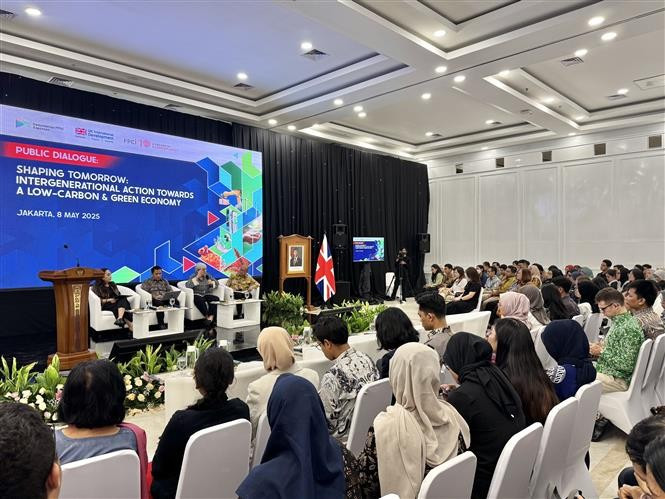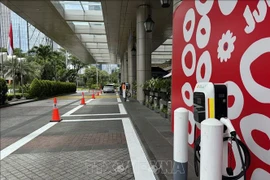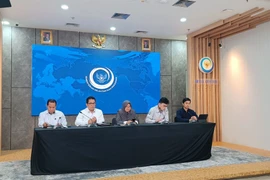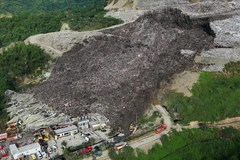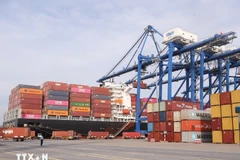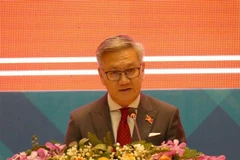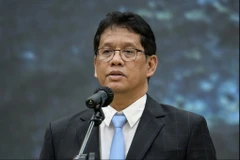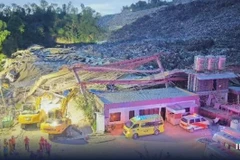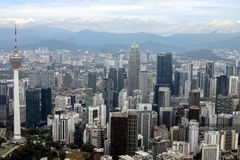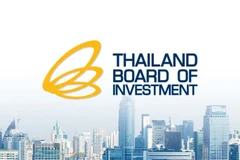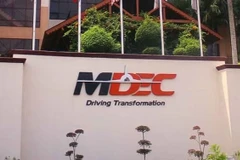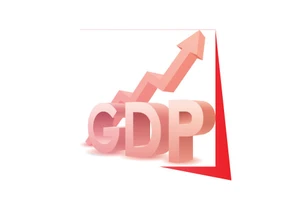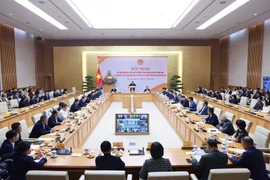Jakarta (VNA) – One of the efforts to achieve environmental and green economic development goals is to enhance public understanding, especially among the youth, heard at a dialogue held on May 8 by Indonesia’s Ministry of National Development Planning and the UK Embassy in Indonesia.
Speaking at the event, themed “Shaping Tomorrow: Intergenerational Action Towards A Low-Carbon and Green Economy”, Indonesian Deputy Minister of National Development Planning Febrian Alphyanto Ruddyard emphasised that the country's green economy strategy addresses the transition towards an economic development model that supports sustainable development. This model focuses on investing in and accumulating green capital, green infrastructure, and green jobs to achieve social welfare and environmental sustainability.
He said that implementing the carbon-free investment scenario aimed at achieving net-zero emissions from 2025 to 2060 in Indonesia requires 794.6 trillion IDR (nearly 50 billion USD) annually. To meet these needs, policies are required to enhance green innovative financing, such as blended finance, impact investment, and carbon taxes.
Rachel Elizabeth Kyte, the UK Special Envoy for Climate, affirmed the importance of promoting international cooperation to address the global climate crisis. She argued that developed countries need to closely collaborate with developing nations to expand climate finance mobilisation, support energy transitions, and ensure equitable access to resources.
Discussions at the dialogue addressed issues such as identifying the complexities of climate change challenges, the green economy as part of Indonesia's economic transformation strategy, achieving a green economy through low-carbon development and climate resilience, and implementing the carbon-free investment scenario aimed at net-zero emissions from 2025 to 2060.
Indonesia has reaffirmed its commitment to achieving net-zero emissions by 2060. Environmental sustainability and resilience have become key pillars in the country's national development vision. The principles of a green and low-carbon economy are integrated into all development sectors, from infrastructure to human resource development. Strategic milestones have also been incorporated into the national long-term (2025–2045) and medium-term (2025–2029) development plans./.
